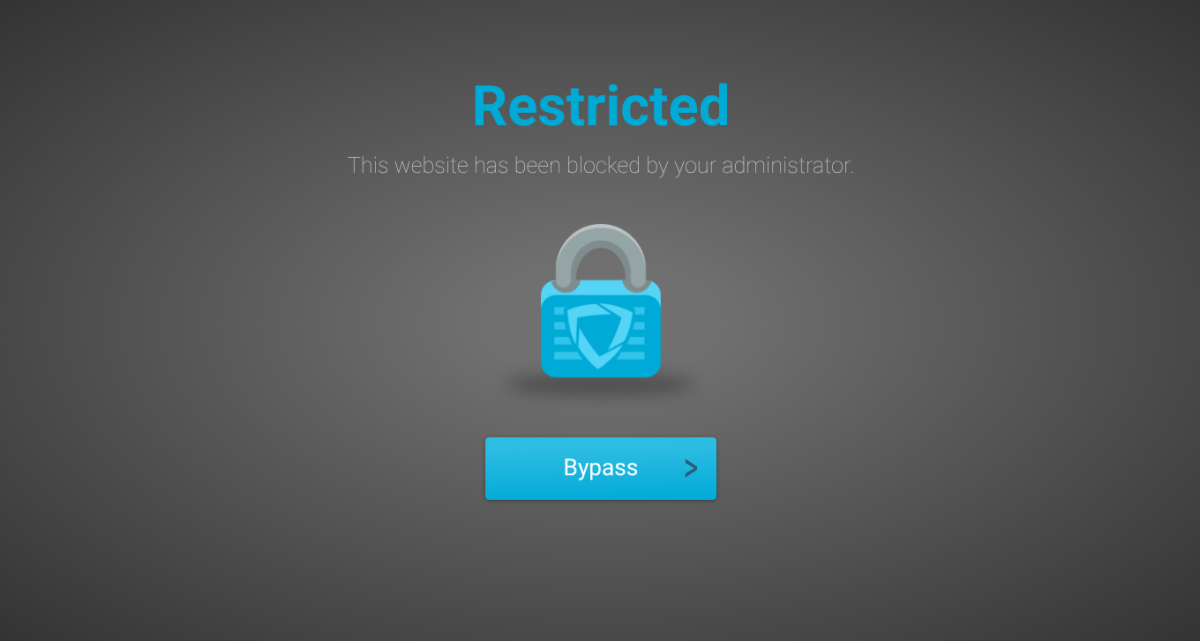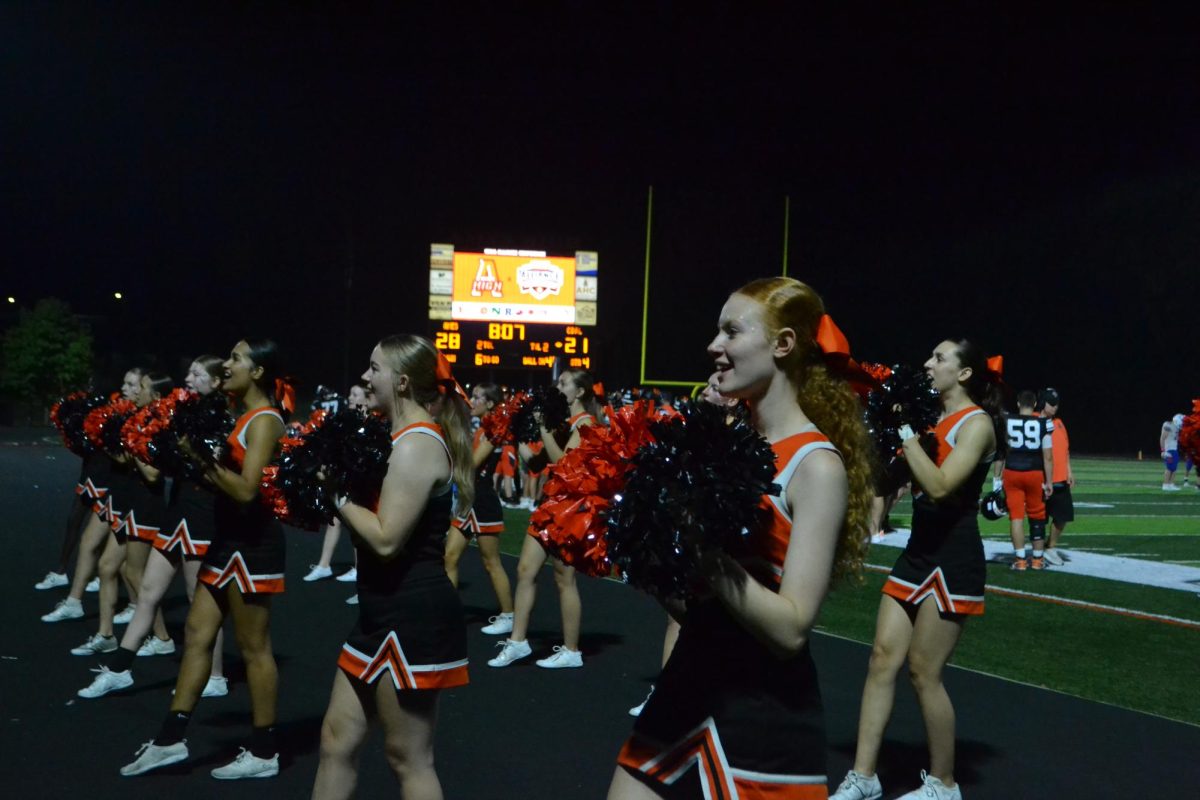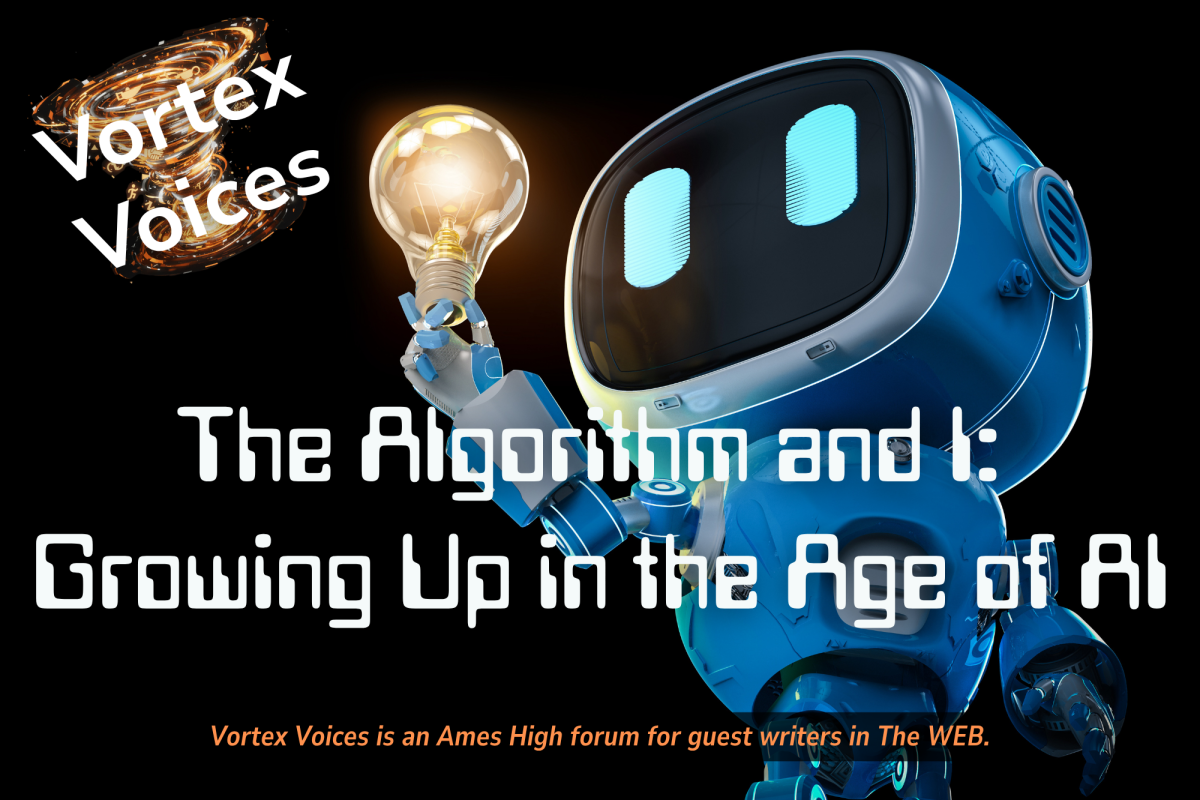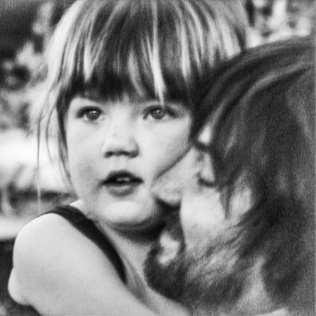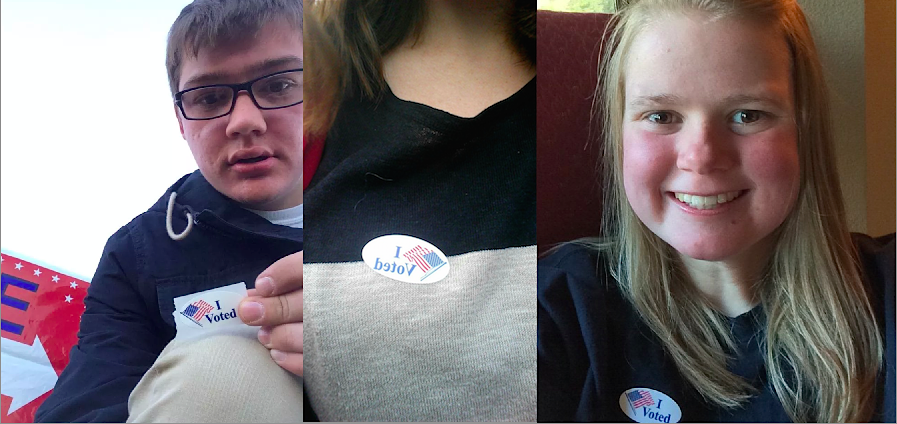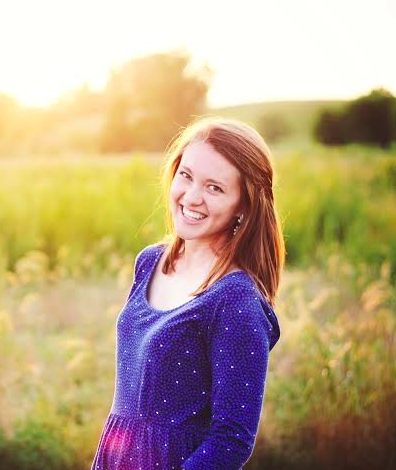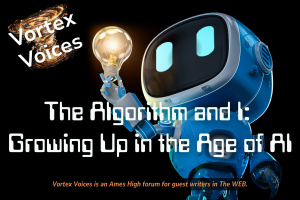Seniors take to the polls
November 17, 2014
As America lined up at the polls on November 4th, some Ames High seniors joined the crowd.
Eli Bratsch-Prince, a senior, reflects on his first time voting.
“We actually talked about the election in a few of my classes,” said Bratsch-Prince “I love my government class and how it has shaped how I see the importance of politics.”
He is part of the most under-represented category of voters, 18-25 year olds.
“It felt good doing my part and casting my vote,” said Bratsch-Prince. “This election may even be more important than the presidential election because senators have a more direct impact on our day-to-day lives.”
Kirsten Sullivan, one of Ames High’s AP and US government teachers, said how important it was for these students to vote. “When a policy maker is elected, they are not chosen by the country, they are chosen by the ones who show up,” Sullivan said. “Those who show up are the ones who vote on what they in particular want, and that is who will represent us.”
Sullivan concluded, “Ideally, if everyone shows up to the polls, we would have a more accurate representation of what everyone is looking for.”
A huge sigh of relief comes from all Iowans as election day draws in the end of political campaigns. Negative television ads, twitter banners, and dramatized accusations filled the airwaves. Students couldn’t even escape the drama on Spotify and Pandora, two of the high schools most frequently used music streams.
“There was a commercial break on when I was watching TV and I really didn’t want to watch political ads, so I changed the station,” said Senior Andie Newell.
“But that station had political ads, so I changed it again. Even that station had political ads on. And I don’t have cable… so my channels are limited.”
Bratsch-Prince believes that students should educate themselves about the candidates and their policies beyond the deceptive media and get out to the polls because “…the right we have to vote is a luxury. Some countries don’t have this basic freedom that people sometimes take for granted.”
Sullivan described the candidates as ‘painfully polarized.’ Senator candidates Bruce Braley and Joni Ernst both had claims on the far side of their political spectrum.
“In a society where we need to have candidates from both parties working together to get things accomplished, this new normal of seeing compromise as a weakness is a problem,” said Sullivan.
Mid-Term elections tend to have a smaller voter turnout, yet the tight race lead to Iowa being in the national spotlight. The attention comes as many voters emphasize their frustration with the gridlock.
According to a recent article in the Washington Post, “We know two things about the 113th Congress so far. (1) It’s the most polarized along ideological lines in history. (2) It’s the least productive — at least in terms of the number of bills that have been passed — in history.” (Washington P0st)
Sullivan encourages us to not give hope, and she offers this solution by showing up to the polls.
“Don’t be discouraged; it is this way because we allowed it to become this way. We have the power to educate ourselves about the candidates and simply show up to vote,” said Sullivan.
Eli Bratsch-Prince agrees with the importance of young voter turnout, and represents someone youth should look up to.
“There’s really nothing to describe the feeling of standing behind the ballot box and casting my vote. I know my vote may be one in a million, but I have a say, no matter how small.”

